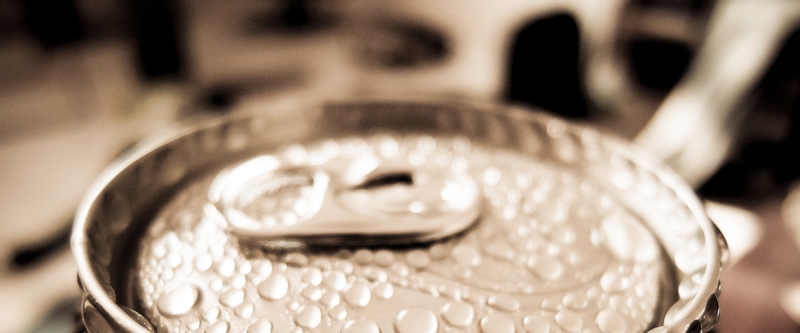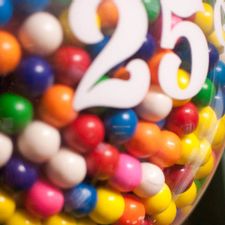Too much sugar is bad for your teeth, but another culprit not many people think about is the acid in food. Many of our favorite foods are quite acidic, and while it’s okay to consume them in moderation, too much acid too often can cause permanent damage to your tooth enamel. These acids chip away at the outer layer of your teeth, weakening it and making you more prone to cavities or cracked teeth. So while it’s not entirely true to say that food acids are worse than sugar, they can have effects on your teeth that are just as serious.
Which foods are the most acidic?
Some foods are obvious—most people would immediately recognize that lemons and pickles are acidic. However, there are other foods that are harder to spot. Here are some of the most sneaky ones:
- Carbonated beverages. Even if you drink diet soft drinks, these beverages can still hurt your teeth. All carbonated beverages, including sparkling water, contain carbonic acid (dissolved carbon dioxide) that lowers the pH. In addition, soft drinks include phosphoric acid, making them even more acidic.
- Wine and cocktails. The tannins in wine are a powerful acid, and many popular cocktails include large quantities of lemon or lime juice (e.g. margarita, whisky sour). Delicious yes, but hard on the teeth!
- Honey. Not many people think of honey as an acid, but it has an average pH of 3.9, somewhere between soft drinks and coffee.
- Yogurt and ice cream. Yes, dairy products tend to be acidic, and those acids get especially strong when concentrated into yogurt, cheese, and ice cream.
What are the signs of acid-damaged teeth?
Patients with tooth erosion often experience increased sensitivity to hot and cold, and sometimes also to sweet or sour foods. You may also notice some of the following symptoms:
- Rough or cracked tooth edges
- Transparency in the teeth
- Yellowing or discoloration
- Dents in the teeth or a rounded appearance
If you have these symptoms, you should discuss them with your dentist as soon as possible.
Is tooth erosion treatable?
Tooth erosion can’t usually be “cured,” so it’s better to prevent it before it happens. That said, less serious cases can sometimes be improved with remineralizing toothpaste and changes to your diet. Other times, it may become necessary to use bonding to protect the teeth. If erosion progresses too far, then the only option may be covering the affected area with a crown. If you’re concerned about tooth erosion, make sure to let us know the next time you come into SF Dental.
What can be done to prevent tooth erosion?
Don’t worry, I’m not going to ask you to give up all your favorite foods. However, there are a few things you can do to reduce the chances of serious tooth erosion:
- Consume acidic beverages quickly. Try to avoid sipping on a bottle of soda for hours at a time. It’s much better for your teeth if you drink the whole bottle at once and then let your saliva remove the acid naturally.
- Use a straw, or maybe don’t. The common wisdom is that drinking acidic beverages with a straw minimizes contact with your teeth. However, the effect of using a straw is minimal. Don’t go out of your way to drink with straws, but if you do have one handy, sure, go ahead and use it.
- Don’t brush your teeth right afterward. Acidic foods can temporarily weaken the enamel, and vigorous brushing of weakened enamel can damage it even more. It’s better to rinse with water and wait a little while before brushing.
- Chew sugar-free gum. Your saliva is a powerful protective mechanism that can help prevent tooth erosion. If you chew sugarless gum after an acidic meal, your mouth will produce more saliva, which in turn protects your teeth.
Further Reading
- Bartlett, D. (2010). ”The role of erosion in tooth wear: aetiology, prevention and management.” International Dental Journal.
- Dawes, C. (2003). ”What Is the Critical pH and Why Does a Tooth Dissolve in Acid?” Journal of the Canadian Dental Association.
- Ehlen, L.A. et al. (2008). ”Acidic beverages increase the risk of in vitro tooth erosion.” Nutrition Research.



